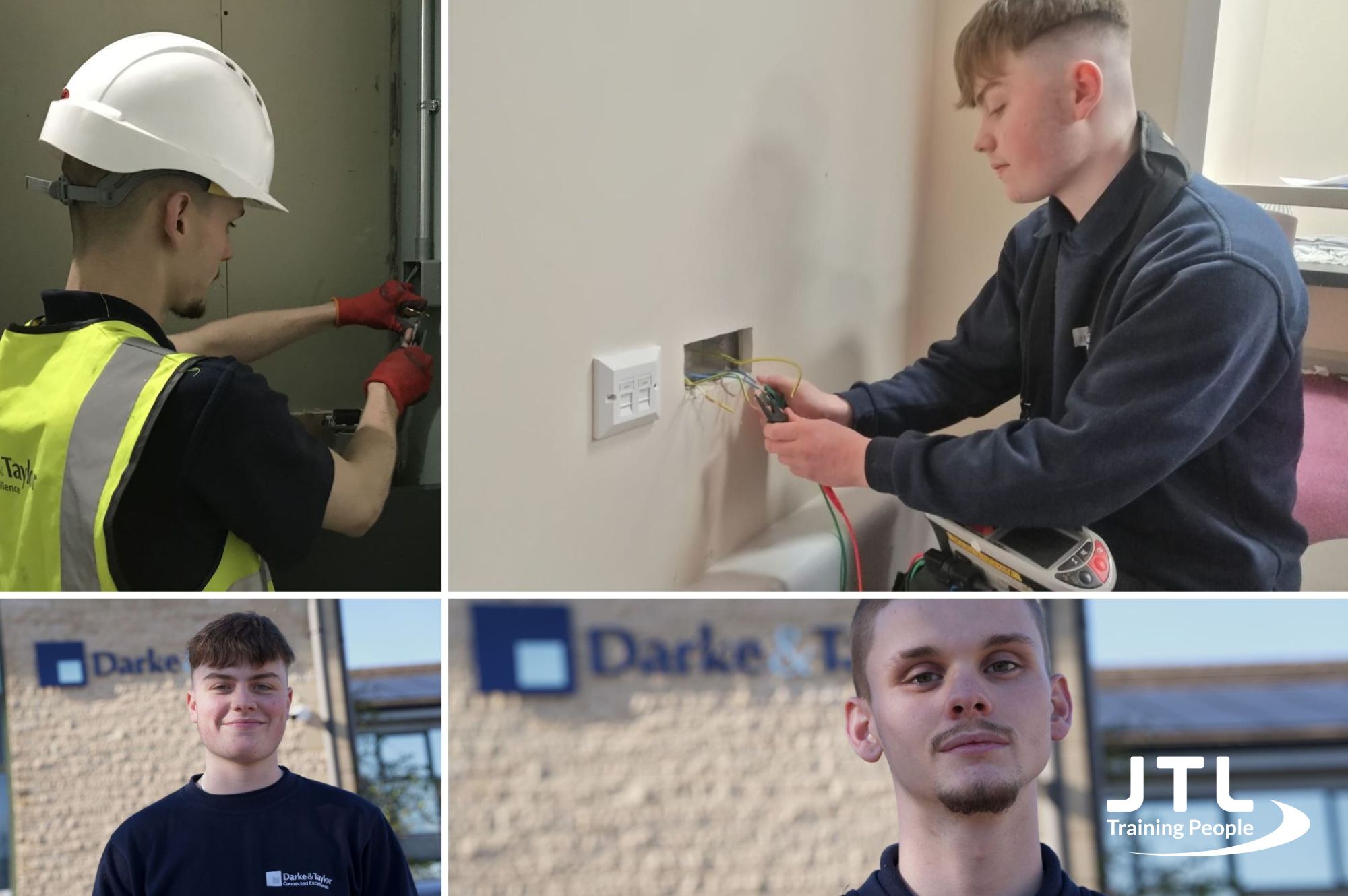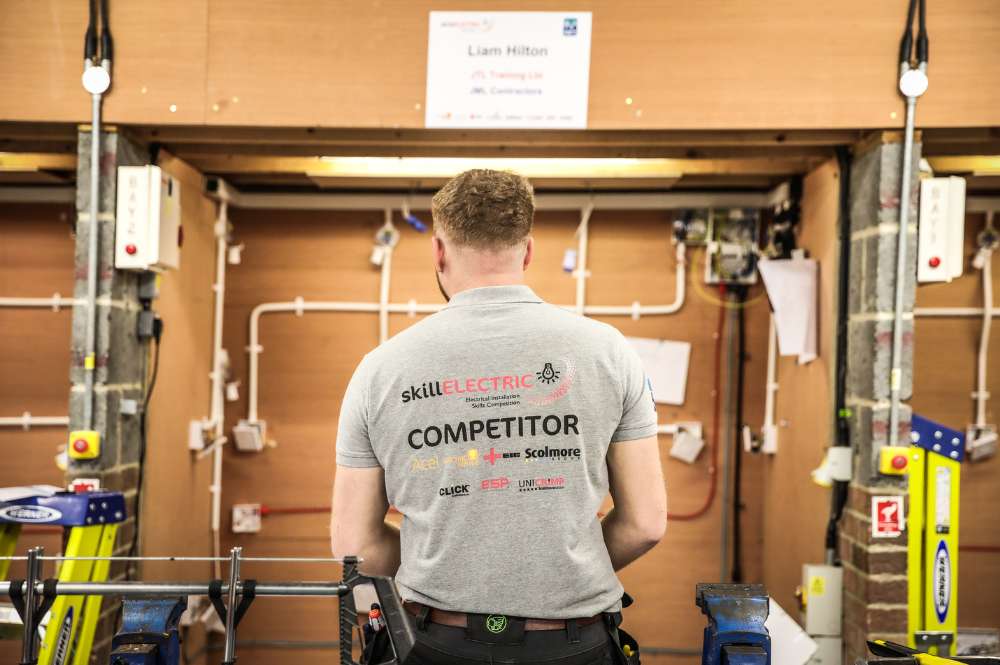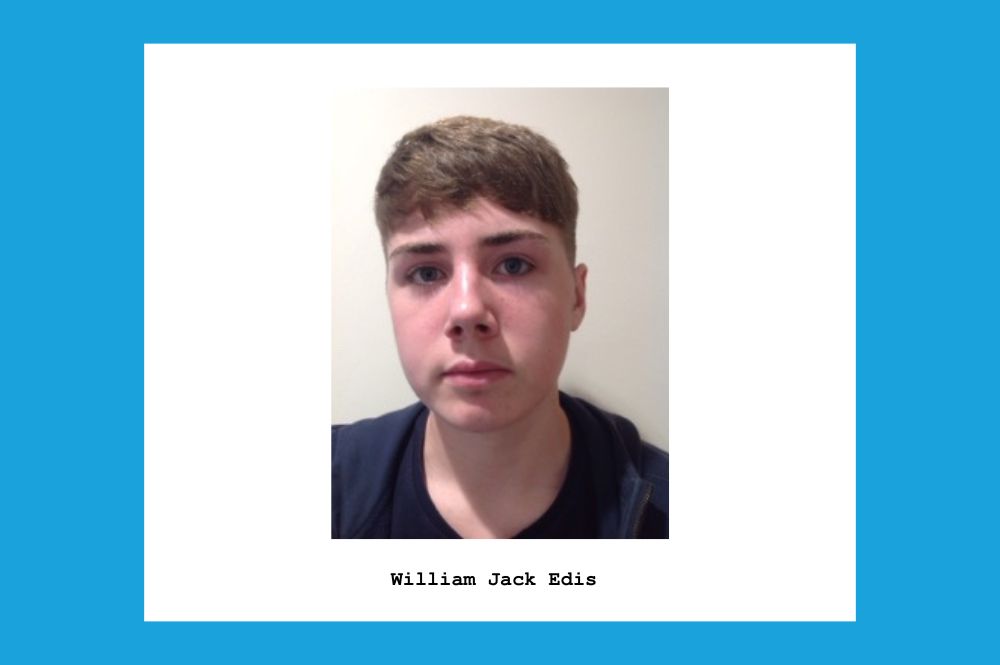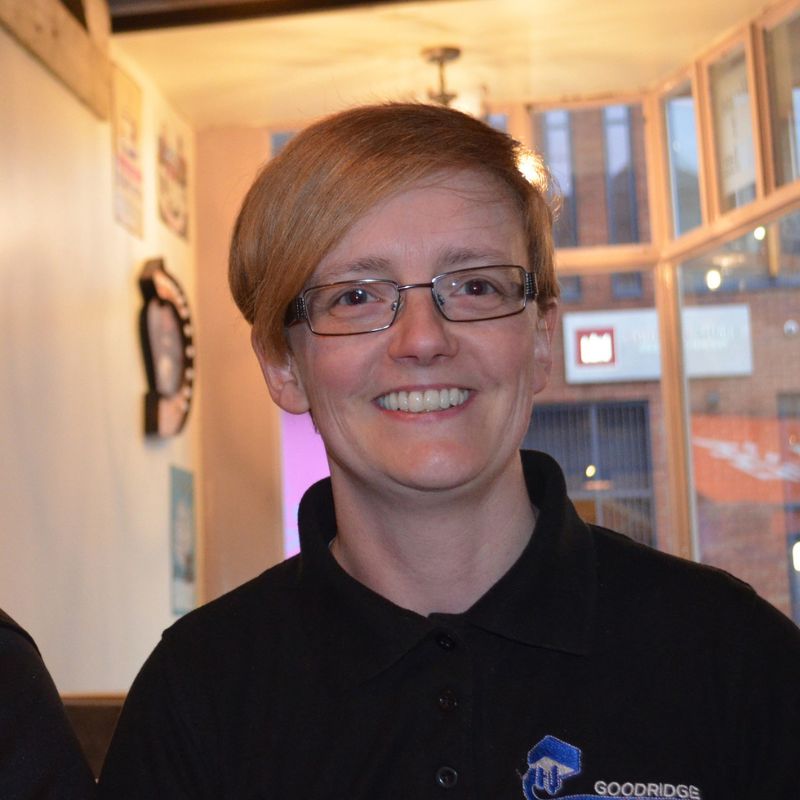
Course overview
Plumbing and Domestic Heating Technicians plan, select, install, service, commission and maintain all aspects of plumbing and heating systems. Plumbing and domestic heating technicians can find themselves working inside or outside a property. Customer service skills and being tidy and respectful are important qualities as they can often find themselves working in customers’ homes as well as on building sites.
As a competent Plumbing and Heating Technician, the installation of plumbing and heating systems includes accurate measuring, marking, cutting, bending and jointing metallic and non-metallic pipework. Appliances and equipment can include gas, oil and solid fuel boilers as well as pumps, heat emitters, bathroom furniture or controls as part of a cold water, hot water, and central heating or above ground drainage and rainwater systems.
Plumbing and Domestic Heating Technicians are at the forefront of installing new and exciting environmental technologies like heat pumps, solar thermal systems, biomass boilers and water recycling systems. It is important for a plumbing and heating technician to be able to work independently or as a team and use their knowledge and skills to ensure that both the system and appliances are appropriately selected and correctly installed, often without any supervision, and done so in a safe, efficient and economical manner to minimise waste.

Module information
Course Details
Apprentices will complete the level 3 plumbing and domestic heating qualification to develop the skills, knowledge and behaviours they need to plan, select, install, service, commission and maintain all aspects of plumbing and heating systems.
Year 1
- Health and safety including health and safety test which meets the requirements to obtain a CSCS card through the JIB-PMES.
- Common plumbing processes and techniques including use of hand and power tools, types of pipework and their jointing principles, use of clips and brackets to support plumbing and heating pipework and components.
- Installation of domestic plumbing and heating pipework.
- Basic scientific principles including units of measurement, properties of materials, simple machines and basic mechanics.
- Types and layout features of cold water, hot water, central heating and rainwater systems and sanitary appliances pipework systems.
Year 2
- More advanced scientific principles including force, pressure and flow, energy, heat and power, principles of electricity.
- Installing, decommissioning and soundness testing of cold water, hot water and rainwater systems and sanitary appliances and pipework systems.
Year 3
- Commissioning cold and hot water systems.
- Installing, decommissioning, performing soundness testing and commissioning central heating systems.
- Fault diagnosis and rectification on cold water, hot water, central heating and rainwater systems and sanitary appliances and pipework systems.
- Service and maintenance of cold water, hot water and central heating systems and sanitary appliances and pipework systems.
- Sizing and selecting cold water, hot water, rainwater and central heating systems and sanitary appliances pipework systems for dwellings.
- Understanding of domestic fuel systems and environmental technology systems.
- Work on electrical supplies and circuits for the control of plumbing and domestic heating systems.
Year 4
- One of four pathways – gas, solid fuel, oil or environmental technologies.
- Completion of the gas pathway will include ISA/ACS assessment in order to become a member of the Gas Safe Register.
- Completion of the environmental technologies pathway will meet the criteria to register on the MCS competent person scheme for Solar Thermal and Heat Pump nominated technical persons.
- Completion of the oil pathway will include OFTEC courses and assessments in order to register with the OFTEC competent person scheme.
- Completion of the solid fuel pathway inclue HETAS courses and assessments to enable registration on the HETAS competent person scheme.
Delivery and Assessment
The course is usually delivered on a day release basis, meaning you will go to college or a JTL training centre for one day a week and spend the rest of your time at work. Some of our centres offer a block release option.
The End Point Assessment (EPA) is expected to take place in the final 3 months of the apprenticeship. You must pass this to complete your apprenticeship and become a fully qualified plumber. The EPA consists of a multiple-choice test, a design project, a practical installation test, a practical application test and a professional discussion.
Grades of Pass, Merit and Distinction are available.
You can view full details of the Standard for the Plumbing and Heating Level 3 qualification here.
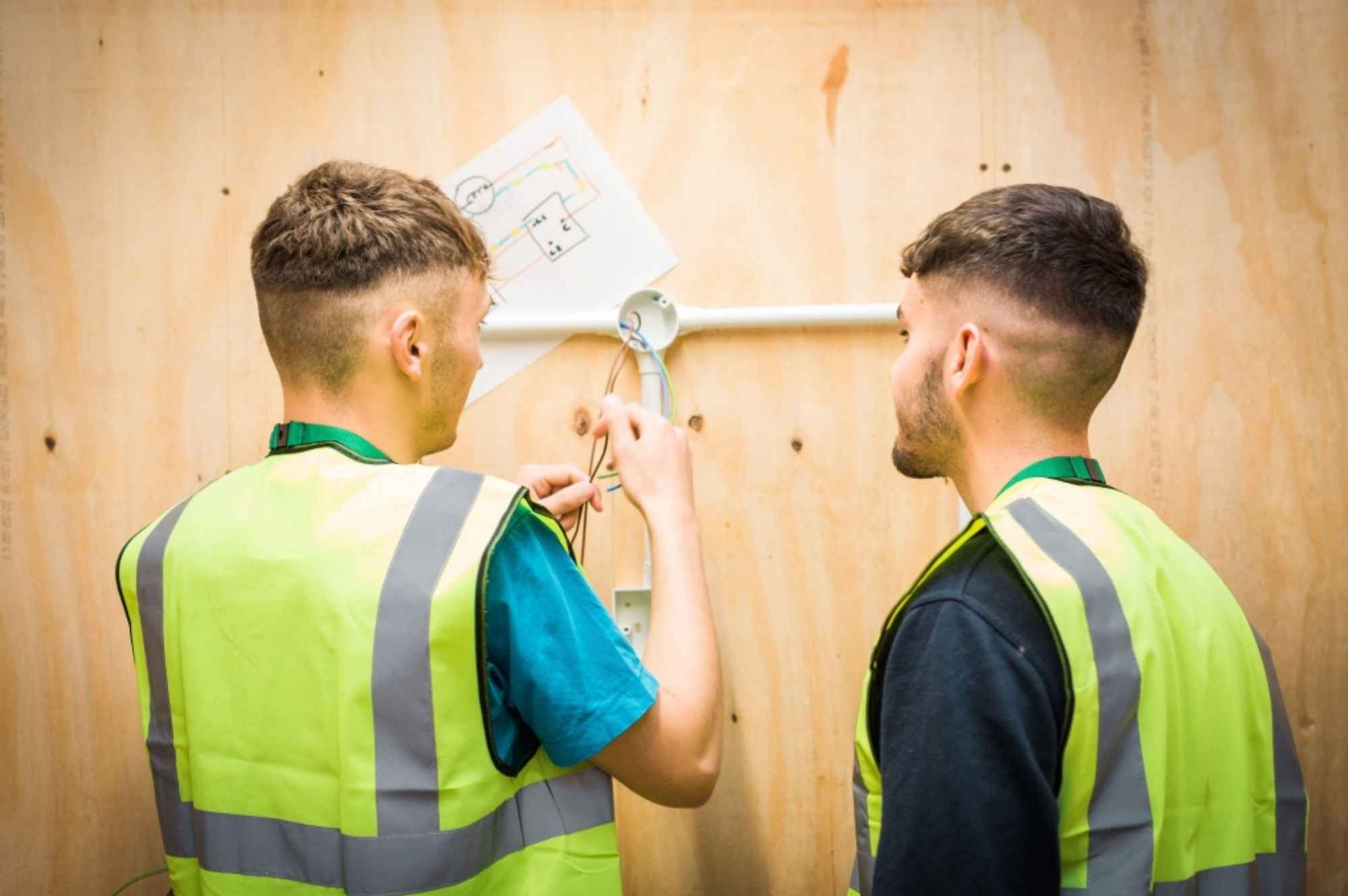
Why choose JTL
- Free starter toolkit in your first year*
- Free study books
- Dedicated training officer
- Free recruitment service
- Full equipped workshops at our dedicated training centres
- Dedicated support/EIC/JIB registered electrician skills development fund
- JIB PMES apprentice card
- Help accessing funds
- Free recruitment process for employers
- Ofsted Grade 2 GOOD Provider
- Regional national awards
- CSCS card
*Once you have completed 6 months of your apprenticeship.
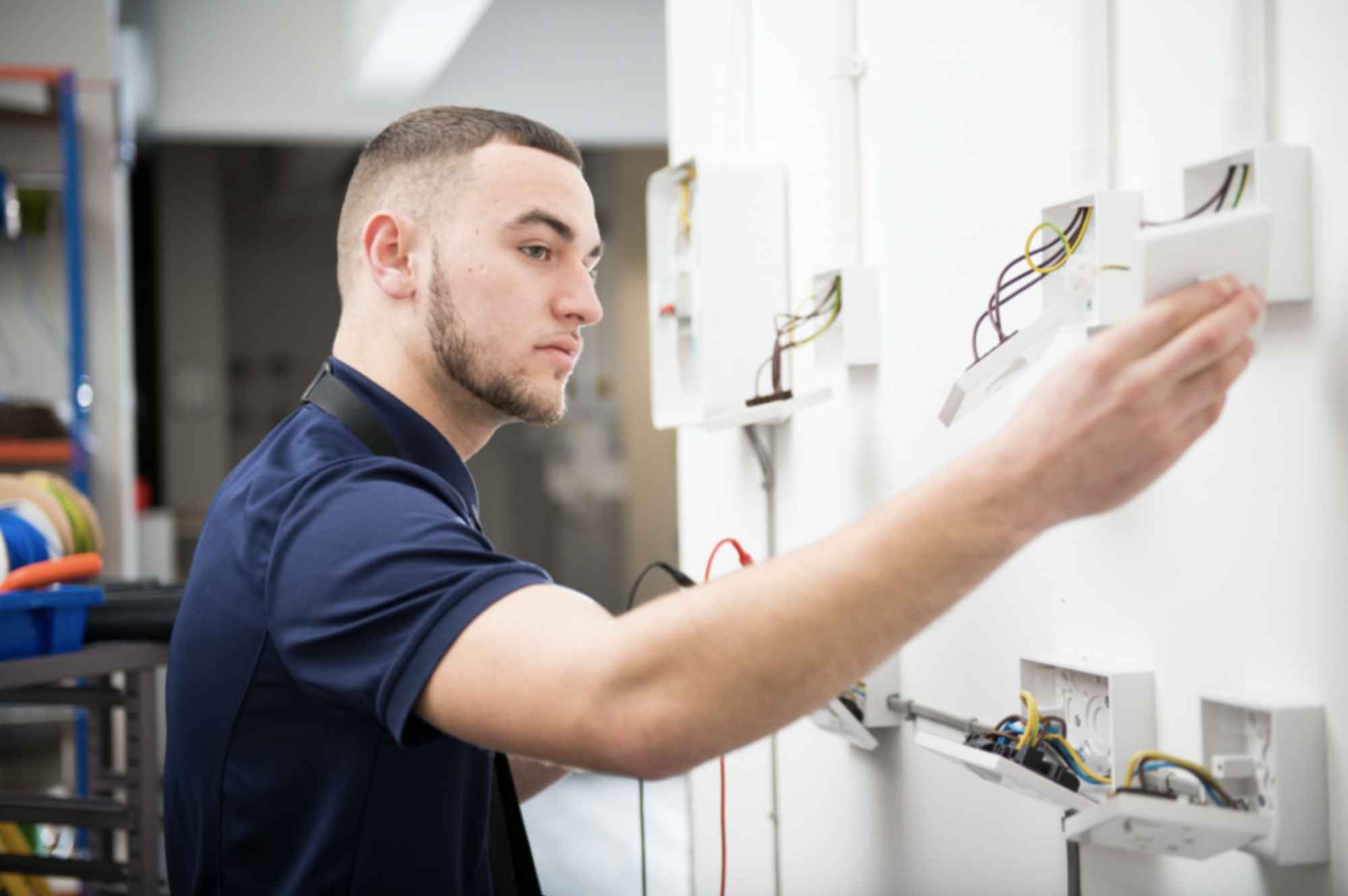
Equality & Diversity
JTL is committed to equality and diversity for all. We want to establish a culture of equality and diversity so that all applicants, apprentices, employers, sub-contractors and staff have the opportunity to work in and towards an environment that is non-discriminatory.
Read MoreCareer progression
Fully qualified plumbing & heating apprentices can progress into roles such as supervising an apprentice, supervisory roles, project management roles, owning and managing their own business, advanced engineering, design and planning, teaching or training others.
As a fully qualified plumber you can go on to earn close to £32,000 per year (£31,695 )*
Related articles
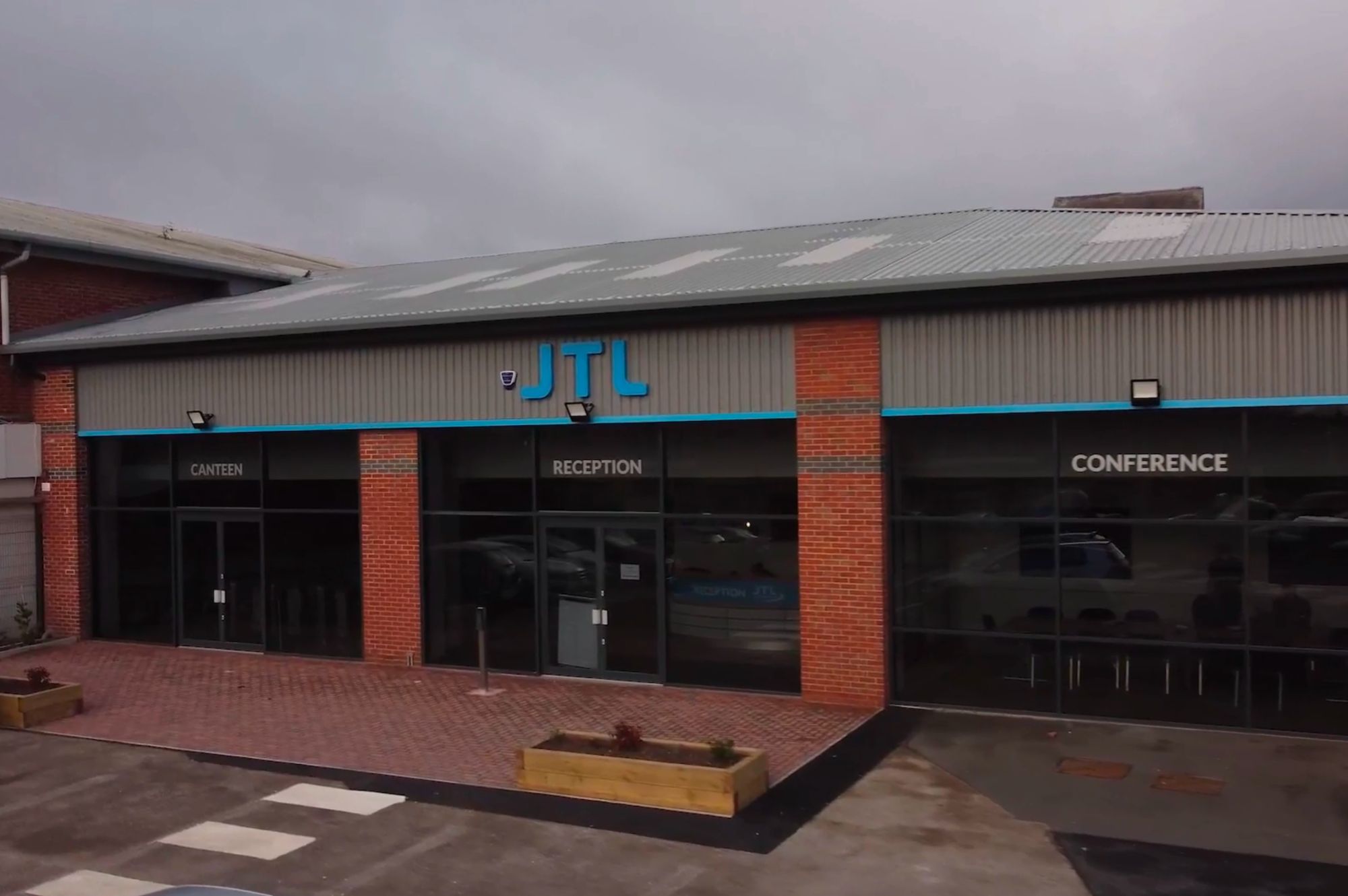
JTL introduces Period Equity Project to further support learners and staff
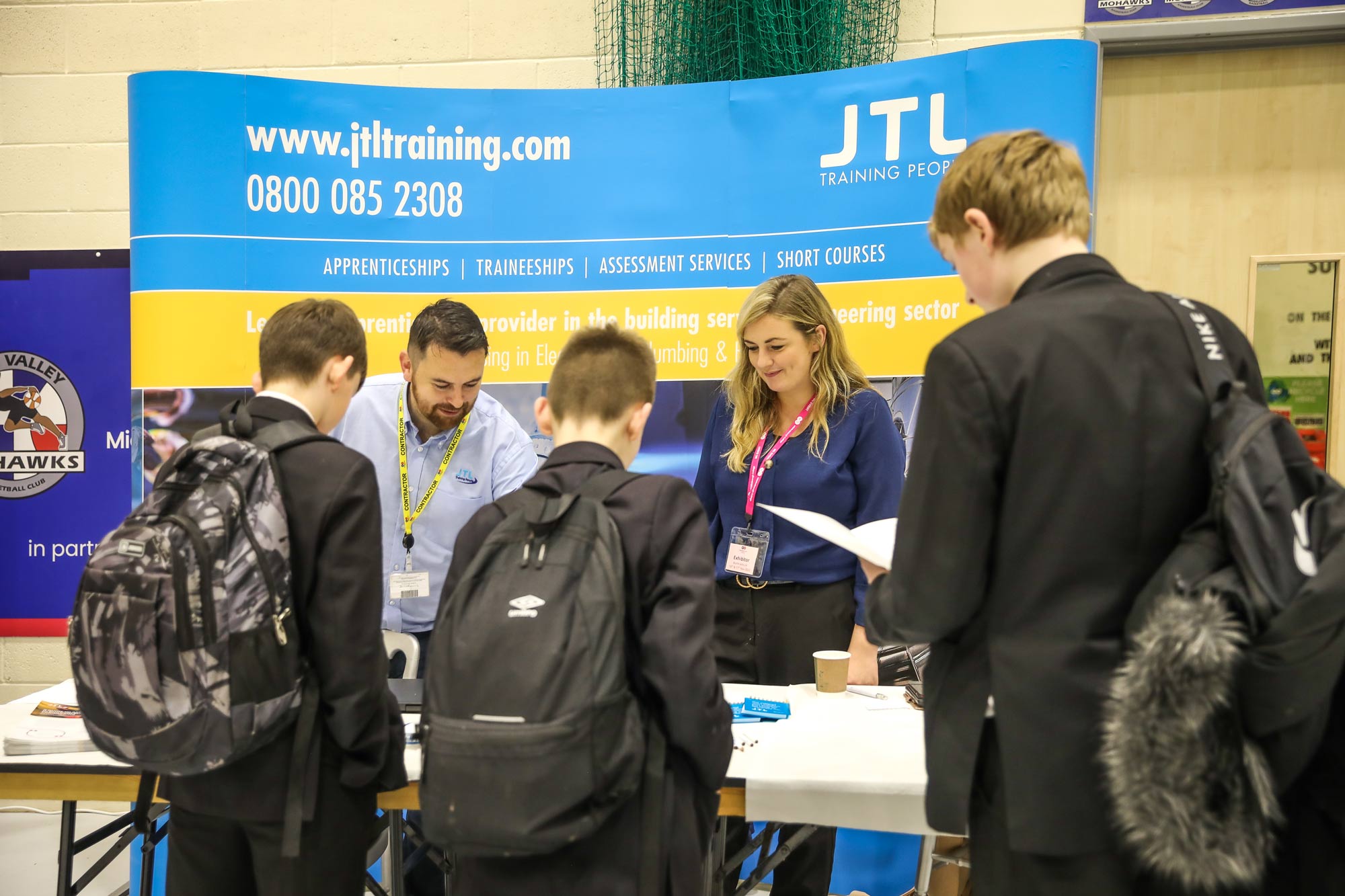
National Apprenticeship Week 2023
